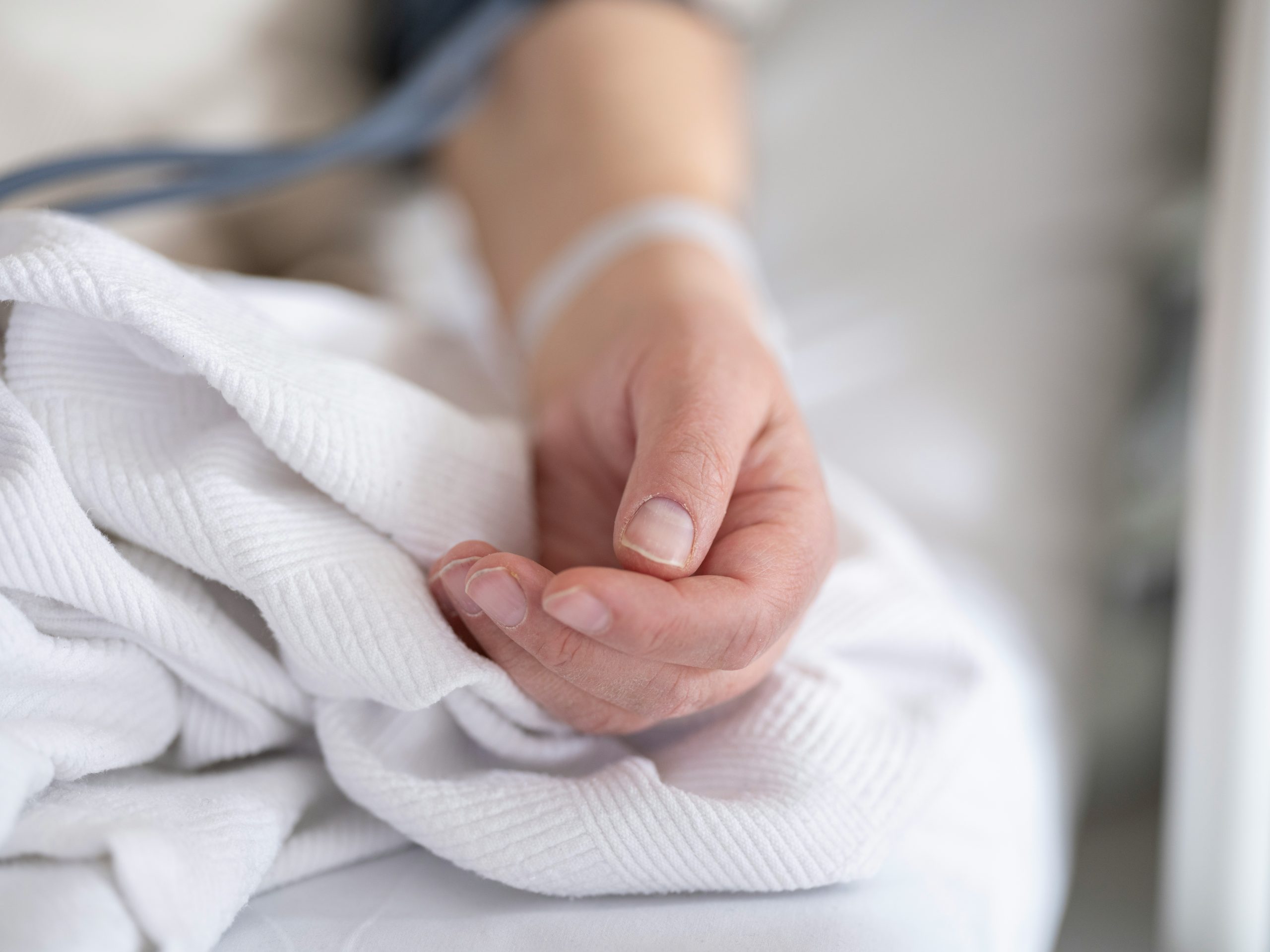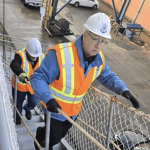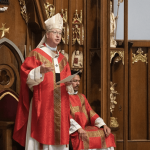VICTORIA (CCN) — The furtive establishment of a standalone, private euthanasia house in Victoria has sparked criticism from pro-lifers and exposed yet another way in which medical assistance in dying is spreading throughout the country.
A Toronto-based non-profit called MAiDHouse opened the euthanasia facility at an undisclosed location in the provincial capital in February. It launched a Toronto MAiD house in 2021.
Euthanasia opponents are troubled by the under-the-radar expansion of MAiD facilities, especially since the unidentified houses may be in residential neighbourhoods.
The MAiD houses appear to have the full backing of the federal government. Not only has the Canada Revenue Agency granted MAiDHouse, also known as Assisted-Dying Resource Centres Canada, full charity status, but Health Canada lists it as one of 10 national “resources.”
“I can’t figure out how an organization that kills people can be a charity,” said Alex Schadenberg, executive director of the Euthanasia Prevention Coalition. “Every time you think Canada’s MAiD pandemic can’t get worse, you learn that it’s reached a new low.”
Schadenberg said MAiDHouse portrays its facilities as comforting and friendly, “but it’s actually pretty insane if you think about it because they exist solely to kill people.”
MAiDHouse did not respond to repeated B.C. Catholic requests for comment about the Victoria facility’s location, whether it received permits or zoning approval from the city, or whether nearby residents are aware of its operation.
According to information published by MAiDHouse, “those eligible for MAiD, along with their supporters, come to MAiDHouse only on the day of their provision. Individuals meeting a potential MAiD provider for an assessment attend only on the day of that meeting, and may re-book the space for their provision if found eligible. Anyone considering booking MAiDHouse is also welcome to schedule a tour of the space in advance.”
The B.C. Catholic reached out to the City of Victoria for comment but received no reply. An online search did not show any Victoria business licences for 2025 in the name of MAiDHouse, Assisted-Dying Resource Centres Canada, or any employees or board members.
The secrecy and the silence are disconcerting, says Christian McCay, spokesman for Choose Life Victoria. “I am deeply disturbed that MAiDHouse has been quietly operating a standalone euthanasia house in Victoria,” McCay said in an emailed statement. “Finding out that it has been here for half a year without the public being told is in itself deeply wrong, to say the least.”
He noted that Victoria has long been seen as the euthanasia capital of the world, and MAiDHouse’s operating “only makes it worse.”
A spokesperson for the Roman Catholic Diocese of Victoria referred questions about MAiDHouse’s existence in the city to Bishop Gary Gordon’s 2022 pastoral letter on MAiD.
In that letter, Bishop Gordon wrote, “The ideology of euthanasia (MAID) is understandable on many levels in contemporary society, as the experience of loss and abandonment is a powerful force of fear and anxiety.”
He said Catholics cannot judge the level of such fear and anguish in a person who chooses euthanasia.
“However,” Bishop Gordon continued, “we can say unequivocally to the faithful Catholic people of God that choosing euthanasia (MAID) is never a choice that is the will of the Creator, as revealed in the sacred texts of divine revelation, the Word of God, and the constant teaching of the Catholic and Apostolic faith.”
In that letter, Bishop Gordon pointed to the parable of the Good Samaritan as a model for Christian response to suffering.
He noted that the Samaritan “did not offer to alleviate the suffering of the nearly-dead robbed person with euthanasia.” The commandment is clear, he said: “‘Thou shalt not kill.’ Our faith continues to clearly and unequivocally reject euthanasia and assisted suicide as a response to pain and suffering of body, mind, and soul.”
At the same time, Bishop Gordon acknowledged the fear and anguish that can drive a person toward MAiD. “The ideology of euthanasia is understandable on many levels in contemporary society, as the experience of loss and abandonment is a powerful force of fear and anxiety,” he wrote.
“But leaving a person abandoned by the side of the road of existence when robbed of health and strength is never the choice of a good neighbour or a just and caring civil society. Choosing euthanasia is never a choice that is the will of the Creator.”
Victoria pro-life advocate Marie Peeters-Ney, a member of Our Lady of the Rosary Parish, was saddened by the news of MAiDHouse’s arrival in her community, but called it predictable.
“Once you start killing, there’s like a feeding frenzy, and it just gets bigger and bigger,” said Peeters-Ney, whose husband, prominent pro-life child and family psychiatrist Dr. Philip Ney, died in January.
She said Canadians need to clear their heads of the “virtual reality” that allows them to condemn killing when it comes to the death penalty or genocide, while ignoring realities like MAiDHouse. “We are paying people to kill our loved ones.”
Vancouver podcaster Kelsi Sheren, a critic of Canada’s MAiD regime, devoted her July 15 show to MAiDHouse, saying its business model “thrives on nothing but despair.”
Sheren, a Canadian Forces combat veteran, said MAiDHouse operators are morally bankrupt and are “predators at best” who practise “death care,” not health care.
McCay, who was elected leader of the Christian Heritage Party of B.C. on Oct. 18, called for the provincial government to provide better care for the sick and the dying, including MAiD-free public hospices.
“True quality palliative care and medical care is being denied,” he said. “Instead, patients are being coerced, abandoned, and pressured to see death as their only option. That is not dignity, that is despair.”
According to the most recent Health Canada report, B.C. recorded 2,759 MAiD deaths in 2023, 18 per cent of Canada’s 15,343 total. The report also stated that, at 37.8 per cent, private residences were the most frequent location for MAiD deaths, followed by hospitals at 32.7 per cent.




